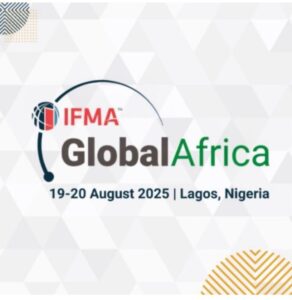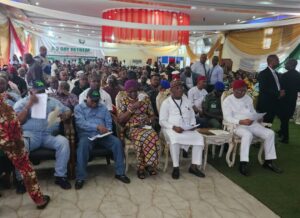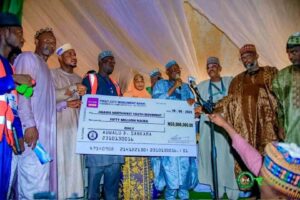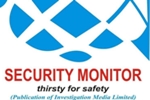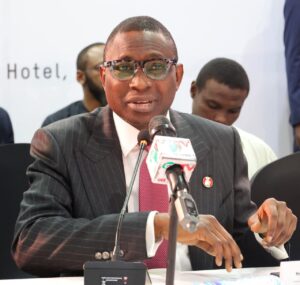AFNIS 2025: Africa Must Take Total Control of its Natural Resources “, Says Solid Minerals Development Minister, Dele Alake
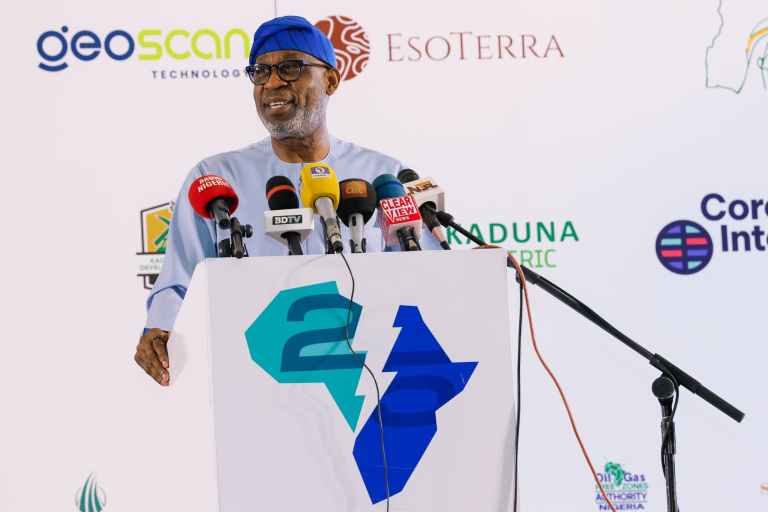
By Karen Ify Afirije/ABUJA// Minister of Solid Minerals Development, Dr. Dele Henry Alake, has tasked African countries on taking total control of their natural resources by adding value to them before exporting as this would serve as driving force for industrial growth, equity, and sustainable development.
Alake gave the charge when he speaking at the 4th African Natural Resources and Energy Investment Summit, AFNIS, 2025 holding at the State House Banquet Hall in Abuja.
The Minister stressed that Nigeria, has implemented sweeping reforms to formalise mining and boost domestic value addition noting that the new policies now require every mining licence to include a plan for local processing, and we have increased enforcement.
“We seek to build a future where Africa’s natural wealth is no longer a statistic in someone else’s report. We aspire to a continent where its natural wealth serves as a driving force for industrial growth, equity, and sustainable development.
“We have implemented sweeping reforms to formalise mining and boost domestic value addition. New policies now require every mining licence to include a plan for local processing, and we have increased enforcement.
“Our campaign for value addition began with a renewed consciousness to preserve and maximise our mineral wealth, thereby gaining more market value and translating to a better life for our people.
“This campaign is the reason d’être for the formation of the Africa Minerals Strategy Group, the influential association of mining ministers which I chair. At our sixth inter-ministerial meeting, held virtually, we took far-reaching decisions on the need to further regulate the exports of raw minerals by insisting on processing them before export,” he said.
According to him, the sector secured over $800 million in investments for processing projects in 2025 while government revenues increased significantly as well.
He disclosed, “Last year, Nigeria’s mining sector secured over $800 million in investments for processing projects, while government revenues increased significantly. Sector revenues rose from ₦6 billion in 2023 to ₦38 billion in 2024.”
The Minister listed Nigeria’s efforts to promote local manufacturing of electric vehicles and batteries, noting that the government has signed a deal to build a lithium-ion battery manufacturing and processing factory just as plans are are mulled to establish electric vehicle assembly plants in the country.
“We are fostering the battery and EV industries in Nigeria. We have signed a deal to build a lithium-ion battery manufacturing and processing factory, and plans are underway to establish electric vehicle assembly plants. Let us build a continent where Africa’s natural wealth serves as a driving force for industrial growth, equity, and sustainable development.
“Let this summit be the place where bold commitments are made, and where value addition becomes a shared continental goal,” he advocated.
He also stated Nigeria’s readiness to deepen regional integration through projects like the Nigeria–Benin interconnector and the planned grid link with Cameroon.
He said, “Nigeria is already part of the ECOWAS Power Pool, and we are committed to deepening regional integration through projects like the Nigeria–Benin interconnector and the planned grid link with Cameroon.
“These are not just power lines; they are economic lifelines. They carry investment, enable trade, and boost resilience. Imagine a scenario where surplus hydropower from Ghana during the rainy season helps stabilise Nigeria’s grid, or excess gas-fired electricity from Nigeria supports our neighbours during peak demand. Interconnection makes all of this possible, allowing countries to optimise their generation, reduce redundant investments, attract larger-scale capital, and deliver affordable power to more people.
Realising this vision requires more than good intentions. It demands bold investments, regional cooperation, and modern technology. We are already working with partners to mobilise blended financing, harness the support of development banks, and tap into green bond markets. We are also introducing innovative grid technologies and advanced systems to integrate variable renewable energy sources effectively. Our goal is not simply to make our grids larger, but to make them smarter, more stable, and climate-resilient.”

